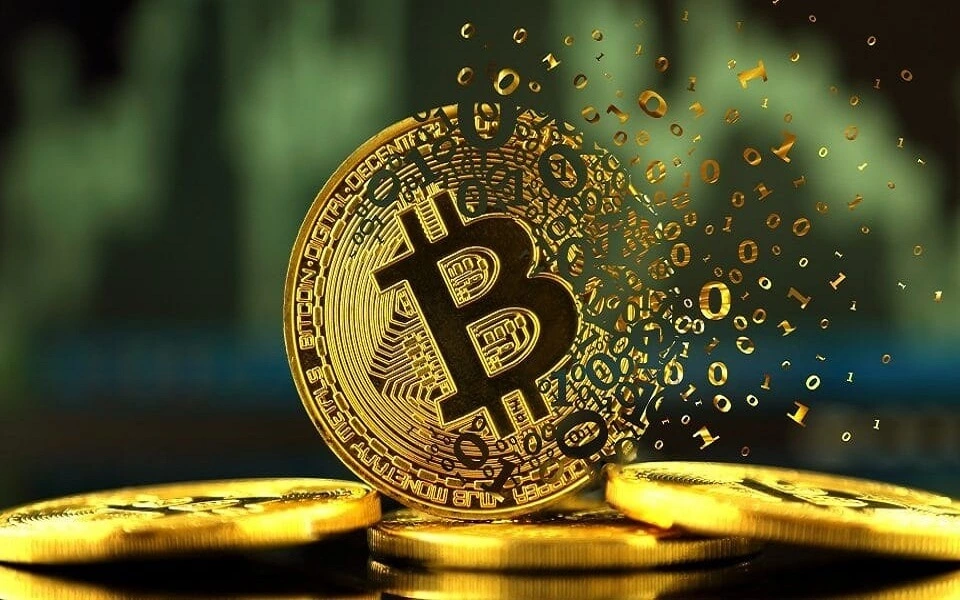Cryptocurrency offers a wealth of opportunities for digital investment, innovation, and financial freedom. However, as with any fast-growing industry, the world of crypto is not without risks. Scammers have become increasingly sophisticated, targeting both new and seasoned investors alike. Knowing how to avoid these scams is essential if you want to protect your assets and experience the full benefits of cryptocurrency.
In this guide, we’ll cover common cryptocurrency scams and provide actionable steps to avoid falling victim to them.

Content
1. Phishing Scams
What It Is
Phishing scams are one of the most common forms of cyberattacks. In the cryptocurrency space, scammers send fake emails or messages posing as legitimate companies or platforms. These messages often contain malicious links designed to steal your login credentials or private keys when clicked.
How to Avoid It
- Double-check URLs: Always verify that the website you’re visiting is the legitimate one. Scammers often create websites that look nearly identical to well-known crypto exchanges or wallets.
- Don’t click on unsolicited links: Be wary of any messages that ask you to click on a link, especially if the message comes from an unknown or unexpected source.
- Use Two-Factor Authentication (2FA): Enabling 2FA adds an extra layer of security, making it harder for scammers to access your account even if they get your password.
2. Ponzi Schemes and Fake Investment Platforms
What It Is
Ponzi schemes and fake investment platforms promise high returns with little to no risk. These scams work by using funds from new investors to pay off earlier investors, creating the illusion of profitability. Eventually, the scam collapses when new investors stop joining.
How to Avoid It
- Beware of promises of guaranteed returns: In the world of crypto, there are no guarantees. Any platform or individual promising unusually high, risk-free returns is likely a scam.
- Do your research: Before investing in any platform, research its reputation, reviews, and team. If the team behind a project is anonymous or lacks transparency, consider it a red flag.
- Use trusted platforms: Stick to well-established and regulated cryptocurrency exchanges and investment platforms.
3. Fake Initial Coin Offerings (ICOs) and DeFi Projects
What It Is
Initial Coin Offerings (ICOs) and Decentralized Finance (DeFi) projects allow users to invest in new tokens and platforms. Unfortunately, some scammers create fake ICOs or DeFi projects to lure investors and disappear with their funds once they’ve raised enough money.
How to Avoid It
- Verify the project’s whitepaper and team: A legitimate ICO or DeFi project should have a clear, transparent whitepaper that explains its purpose, technology, and roadmap. The team should also be visible and reputable within the crypto community.
- Look for third-party audits: Reliable DeFi projects often have their code audited by third parties. Check for audit reports as a sign of trustworthiness.
- Join the community: Look for active engagement on social media and community channels like Telegram, Reddit, or Discord. A lack of transparency or interaction can be a sign of a scam.
4. Pump and Dump Schemes
What It Is
In pump and dump schemes, a group of individuals artificially inflate the price of a cryptocurrency by buying large amounts, creating hype, and then selling their holdings at the peak, leaving others with losses when the price crashes.
How to Avoid It
- Don’t fall for FOMO (Fear of Missing Out): Be cautious of sudden price spikes in unknown cryptocurrencies. Research the project before investing, and avoid buying in based on social media hype alone.
- Check the trading volume: A healthy cryptocurrency typically has consistent trading volume. If the volume suddenly spikes alongside a price increase, it could indicate a pump and dump scheme.
5. Impersonation Scams (Fake Giveaways and Celebrity Endorsements)
What It Is
Scammers impersonate celebrities, influencers, or well-known figures in the crypto community to promote fake giveaways or investment opportunities. They may promise to “double your cryptocurrency” if you send them funds.
How to Avoid It
- Ignore giveaways that seem too good to be true: Legitimate giveaways never require you to send cryptocurrency first. Be especially wary of any promotion asking for money in return for promised future gains.
- Verify social media accounts: Always check if the account promoting the giveaway or endorsement is the official account of the person or company involved.
6. Rug Pulls in DeFi
What It Is
In a rug pull, developers create a new DeFi token and encourage people to invest. Once enough money has been invested, they drain the liquidity pool and disappear with the funds, leaving investors with worthless tokens.
How to Avoid It
- Research liquidity and token locks: In legitimate DeFi projects, developers often lock liquidity or tokens for a set period, ensuring they cannot withdraw all funds immediately. If a project lacks such measures, it could be a rug pull.
- Assess the project’s code: While this may require technical knowledge, checking whether a project’s smart contract code is open-source and audited can provide extra security.
7. SIM-Swapping and Account Takeover Scams
What It Is
In a SIM-swapping attack, scammers use social engineering to gain control of your mobile phone number. Once they have access, they can bypass two-factor authentication (2FA) systems and gain entry to your crypto accounts.
How to Avoid It
- Use app-based 2FA: Instead of relying on SMS-based 2FA, use an authenticator app such as Google Authenticator or Authy. These apps are not tied to your phone number and provide a more secure layer of protection.
- Be cautious of phishing attempts: Don’t share personal information that could help scammers gain control of your SIM. This includes responding to unsolicited requests for sensitive information.
8. Malware and Fake Wallets
What It Is
Scammers may use malware disguised as legitimate cryptocurrency wallets or apps. Once installed, these malicious programs can steal your private keys or passwords, allowing scammers to access your funds.
How to Avoid It
- Download wallets from official sources: Only download wallets or apps from official websites or app stores. Avoid using third-party links or websites that could host malware.
- Keep your software updated: Regularly update your wallet, antivirus software, and operating system to protect against known vulnerabilities.
9. Unregulated Exchanges
What It Is
Unregulated or shady cryptocurrency exchanges may lure users with the promise of lower fees or higher returns, only to lock accounts or disappear with funds.
How to Avoid It
- Use regulated exchanges: Stick to well-known, regulated exchanges with strong security measures in place. Check for reviews and user feedback before signing up for any platform.
- Withdraw your funds regularly: Don’t leave large amounts of cryptocurrency on exchanges. Move your assets to a secure wallet where you control the private keys.
Final Tips for Staying Safe in the Cryptocurrency World
- Educate yourself: The more you know about cryptocurrency and the scams that exist, the better equipped you’ll be to avoid them.
- Use hardware wallets: For long-term storage of large amounts of crypto, consider using a hardware wallet, which is more secure than online wallets.
- Be skeptical: If something sounds too good to be true, it probably is. Always question offers, and don’t rush into decisions.
By following these guidelines and staying vigilant, you can enjoy the potential of cryptocurrency while steering clear of scams. Remember, the best defense is a combination of knowledge and caution. Stay informed, protect your assets, and make wise investment choices.

Wesley has been a crypto enthusiast for a year. He’s an avid watcher of all the latest developments in the space, and enjoys predicting what will happen next with his favorite coins.
He lives in his hometown of New York City with his wife and two sons. His hobbies include watching movies, playing basketball, and reading about how to survive disasters that may occur from climate change or an asteroid impact!


